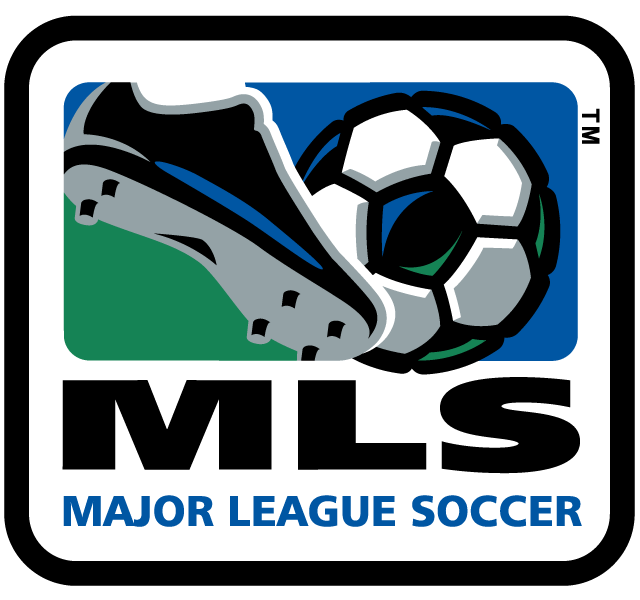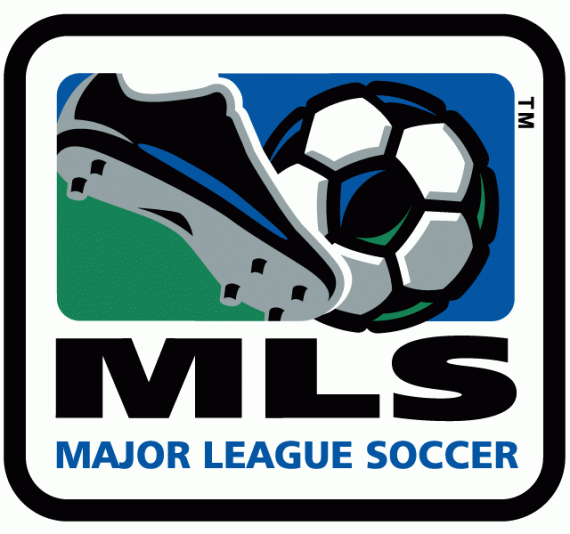
Two professional soccer players tested positive for the banned performance enhancing substances androstatriendione (ATD) and metabolites of the anabolic steroid boldenone according to the MLS. Red Bulls Jon Conway and Jeff Parke were suspended and fined ten percent of their respective salaries for violating the MLS substance abuse and behavioral health policy (SABH).
The Red Bulls team manager claims the doping violation was unintentional. Conway and Parke allegedly purchased a sports nutrition product from a nationwide dietary supplement chain (“Jon Conway, Jeff Parke suspended from Red Bulls for substance abuse,” October 16).
According to Red Bulls manager director Erik Stover, both players said “that they ingested an over-the-counter supplement that unknowingly contained a banned substance.”
The statement seems to imply that there was no indication that the banned substance androstatriendione (ATD) was listed on the label of the OTC supplement product. Most likely androstatriendione was listed with a synonymous chemical name e.g. 3,17-dioxo-etiochol-1,4,6-triene or 3 17-keto-etiochol-triene; furthermore ATD and the veterinarian steroid boldenone share at least one metabolite potentially resulting in a false positive for boldenone. Ignorance or naivete regarding supplement ingredients by drug-tested athletes rarely succeeds in exonerating them from anti-doping policy violations.
UPDATE: The product used by Parke was purportedly ALRI Jungle Warfare.
Products containing androstatriendione (ATD) are very popular in the sports nutrition marketplace. One of the most popular products in this category is Gaspari Nutrition’s Novedex XT. Novedex XT is, by all accounts, completely legal and DSHEA-compliant with all ingredients fully disclosed on the label. But if the anti-doping policy in an athlete’s sport has banned androstatriendione (ATD), then athletes would be wise to avoid all OTC supplements containing any and all modified or derivative versions of 1,4,6-androstatriene-3,17-dione (ATD).
The problem facing drug-tested athletes who insist on using dietary supplements is that there are dozens of synoynms and derivatives of 1,4,6-androstatriene-3,17-dione (ATD) that they must look for on supplement labels. According to Bruce Kneller, a supplement designer for Gaspari Nutrition and convicted steroid dealer who filed a patent on the pharmaceutical use of “1,4,6-androstatriene-3,17-dione (“ATD”) for therapeutic uses,” there are at least 158 modified or derivatives of ATD.
Potential pharmaceutical uses of ATD as identified in Kneller’s patent application include:
A composition having modified or derivative of 1,4,6-androstatriene-3,17-dione (“ATD”) will improve the health of mammalian subjects. The improvement of health is achieved with the administration of an effective amount of the at least one modified or derivative of 1,4,6-androstatriene-3,17-dione. Particularly, health is improved with administration of an effective amount for a mammal suffering from a gynecomastia, and/or estrogen-dependent cancer. Also, mammals recovering from steroid misuse/abuse with treatment in accordance with the present invention. Other improvements found to occur with an administration of ATD is that growth is enhanced and/or stimulated in developing mammals, particularly for short children whose epiphesial plates have not closed yet by delaying the closure of the plates. Male fertility can be improved via one or more effects on either gonadotropin releasing hormone, LH or FSH with administration of ATD. Administration of an effective amount of ATD increases athletic performance by increasing testosterone and lean muscle mass, shortens the recovery period in cases of severe trauma or burns, improves a mood of a mammal through improved anabolism.
The use of dietary supplements appears to put drug-tested athletes at significant risk for inadvertently ingesting prohibited substances even when the ingredients are listed on the product’s labels. Any supplement that purports to affect testosterone levels, etc. should raise a warning flag for athletes even if the ingredients are legal. Various legal supplement ingredients are banned in sports.

About the author
Millard writes about anabolic steroids and performance enhancing drugs and their use and impact in sport and society. He discusses the medical and non-medical uses of anabolic-androgenic steroids while advocating a harm reduction approach to steroid education.

Leave a Reply
You must be logged in to post a comment.